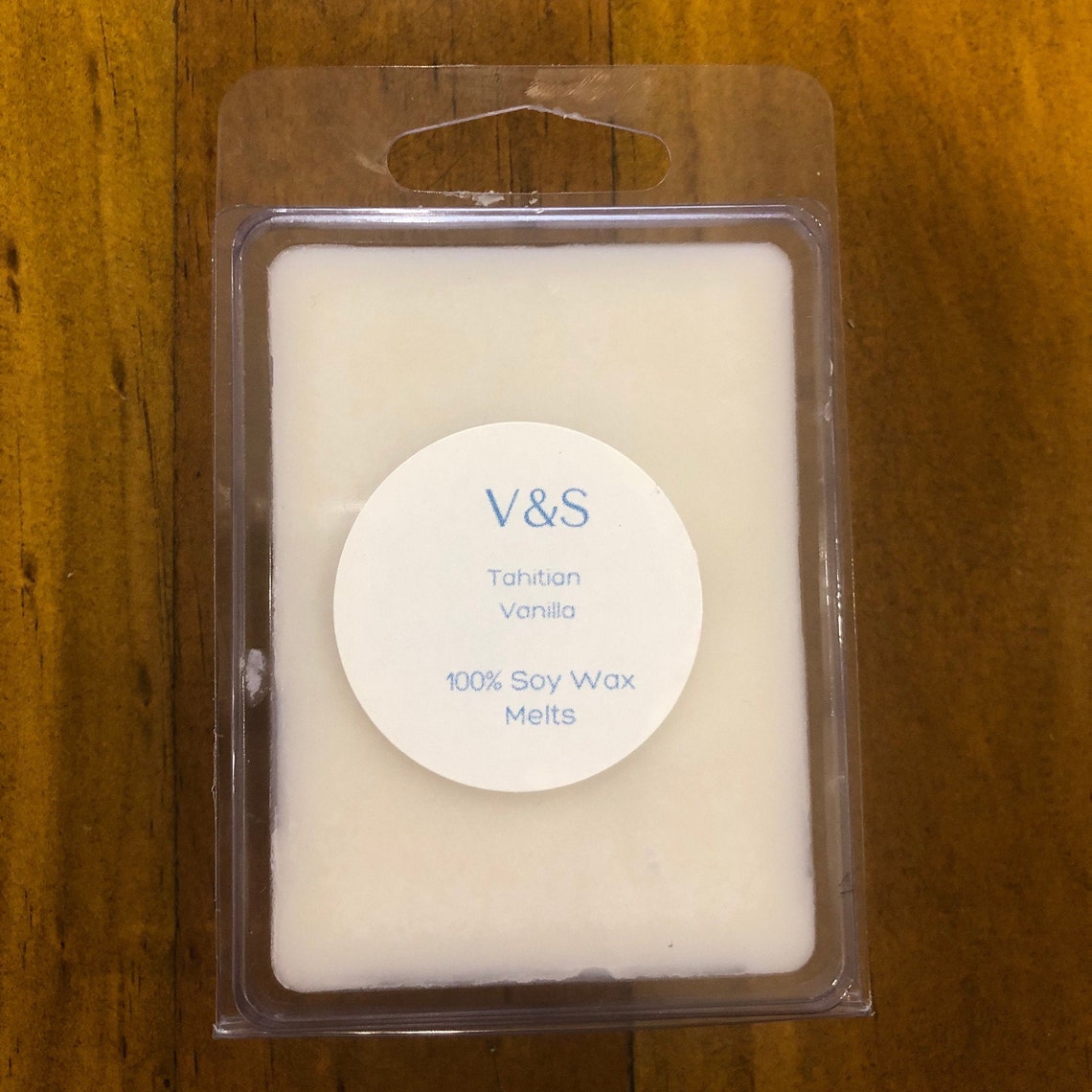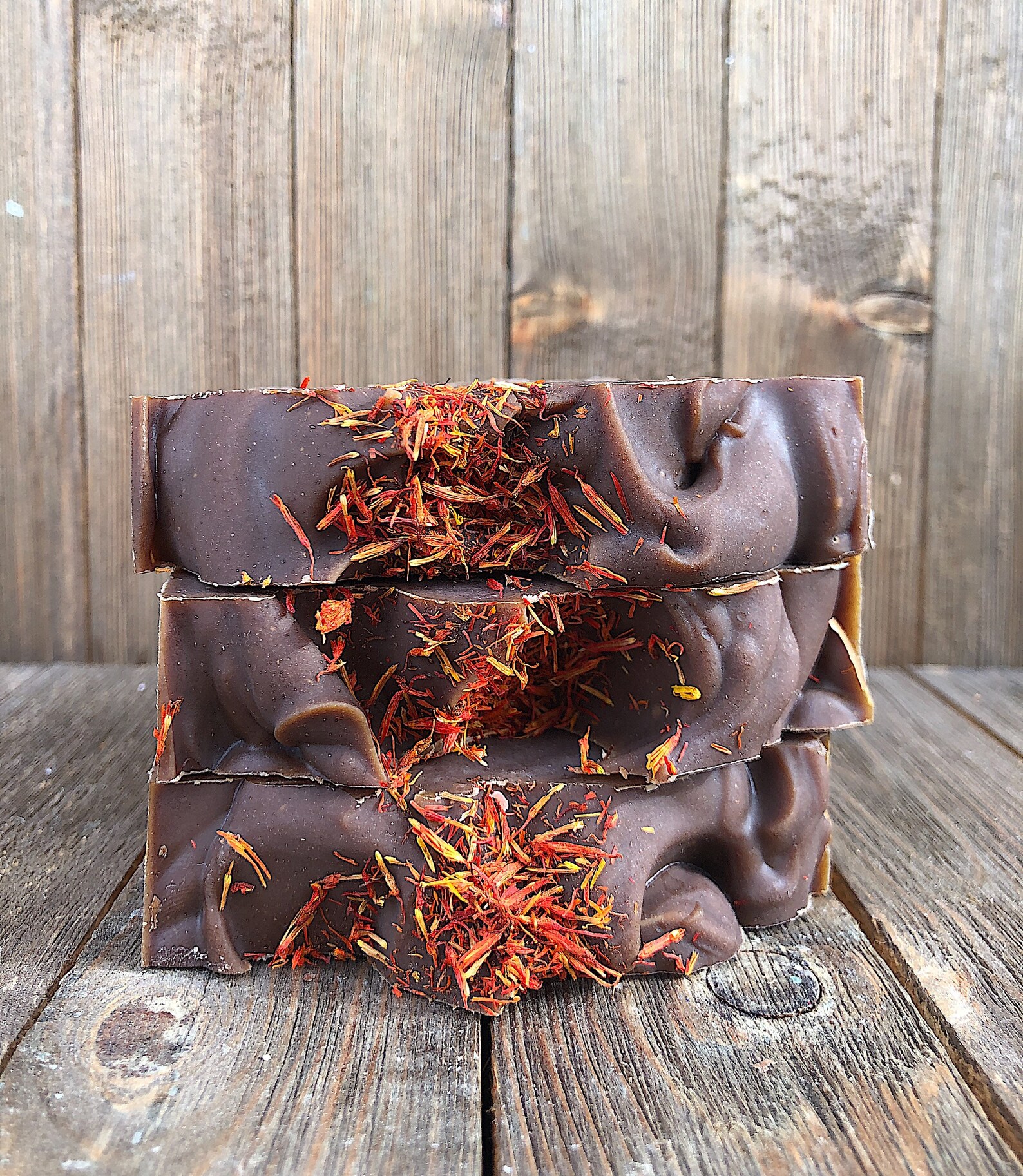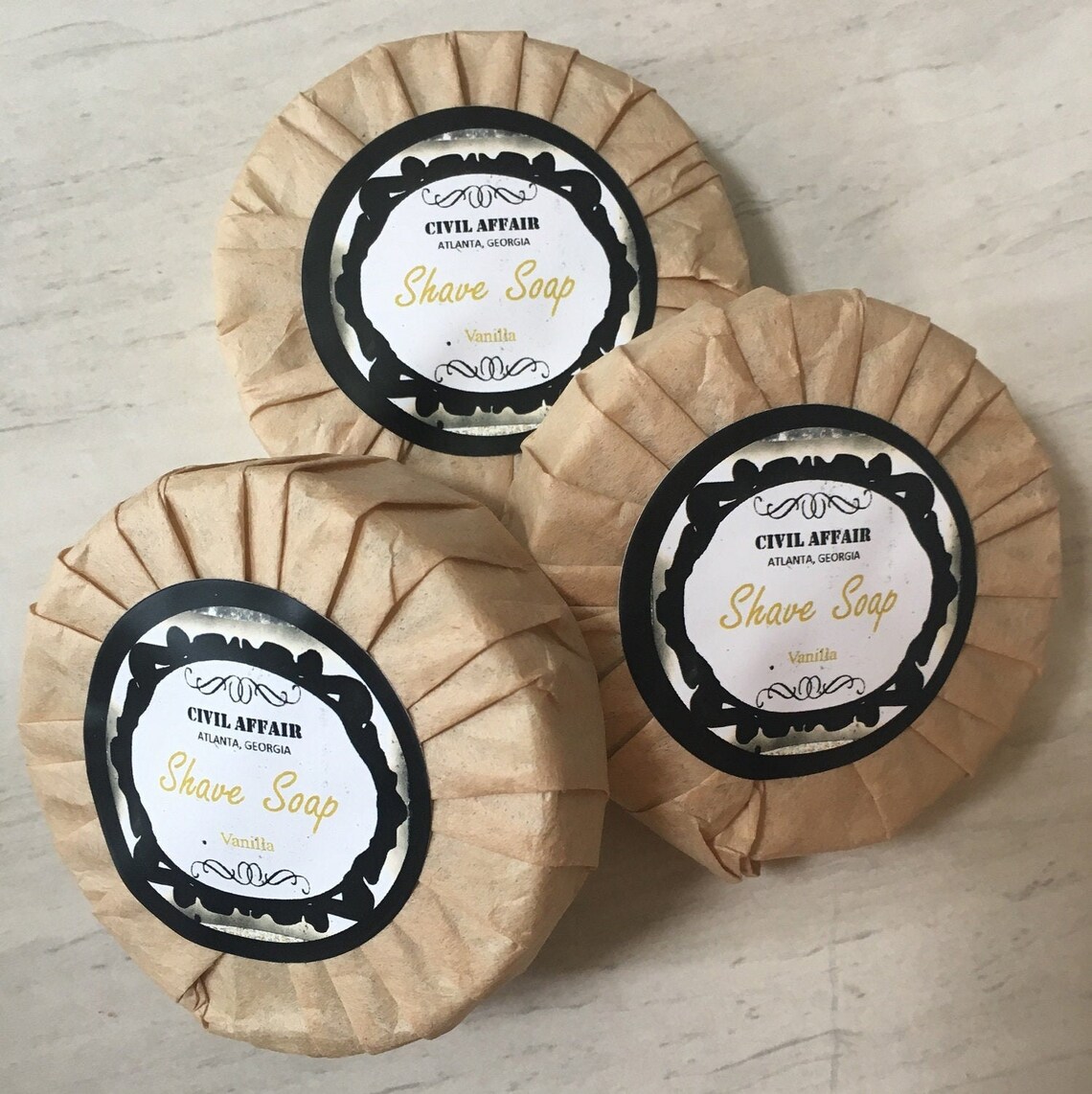

While this means that you must go shopping for them yourself, rather than picking them up on the Auction House or sending a higher-level alt to get them for you, it means you aren't faced with the issue of getting to a vendor and they're all sold out. Vendor-purchased recipes are no longer Limited Quantity, but are now Bind on Pickup. One major boon to this system is that it eliminates one big hurdle in leveling Enchanting: you will no longer need to visit Annora in Uldaman to level Enchanting to Artisan.

This does not include Secondary Skills such as Cooking, Fishing, and First Aid, which are still learned through purchased books. Outlands trainers can teach all levels of skill from Journeyman on up. To learn Master level (300+), you will need to visit a trainer in Outlands.


You can learn 1-300 from any Profession Trainer n Azeroth. In Burning Crusade Classic, it's much simpler. In Classic, you had different levels of Trainers you needed to visit to learn various levels of a skill (a Journeyman Trainer only taught through 75, an Expert Trainer through 150, etc). There are many other profession-specific changes these are detailed below under each of the Profession categories.Īnother big change is how Trainers work. The biggest change in Professions between Classic and Burning Crusade Classic is the addition of the Jewelcrafting profession.
#Artisan tailoring vanilla how to#
For more details, including how to change specializations, please refer to the Blacksmithing and Leatherworking overview sections below. In Burning Crusade, it takes it one step further: only a person with that specialization can wear an item limited by that specialization. In Classic, specializations created items only the person with that specialization could craft, and in some cases, only they can use the item. In the Burning Crusade, Blacksmithing and Leatherworking's specializations are treated a little differently than they were in Classic. Leatherworking - Dragonscale, Elemental, Tribal.Blacksmithing - Armorsmith, Weaponsmith (Axe, Hammer, Sword).Some professions have additional subclasses, with unique recipes: The other professions are classified as Secondary Professions (Cooking, Fishing, First Aid) and all can be learned. Players must also choose between two Primary Professions - Alchemy, Blacksmithing, Enchanting, Engineering, Herbalism, Jewelcrafting, Leatherworking, Mining, Skinning, and Tailoring. Other - These skills are ones we do not think of as traditional crafting or gathering ones, like Riding, Poisons, and Pickpocketing.Herbalism, Mining, Skinning, and Fishing are Gathering Professions. Gathering Professions - These professions supplement Production professions, allowing players to acquire materials that are required to create the powerful trade goods.Enchanting and First Aid are Service Professions. Service Professions - These professions do not generate trade goods that can be equipped, but allow the player to still create items that benefit players.Alchemy, Blacksmithing, Cooking, Engineering, Jewelcrafting, Leatherworking, and Tailoring are Production Professions. Some professions offer additional perks in the form of powerful BoP crafted items. Production Professions - Players collect recipes, granting them the ability to craft powerful gear which can be equipped or traded.There are several types of professions in Classic WoW: If any of these Burning Crusade Classic WoW professions catches your interest, you can learn all about the most efficient ways of leveling each Profession, where the Trainers are located, as well as some of the best recipes for that Profession and where to find them in our The Burning Crusade Classic Profession Guides.īurning Crusade Classic WoW Profession System Welcome to Wowhead's overview of the Burning Crusade Classic WoW Professions! This guide is aimed at players unfamiliar with The Burning Crusade WoW professions that are interested in learning more about the benefits for each profession, including changes between Classic and The Burning Crusade.


 0 kommentar(er)
0 kommentar(er)
